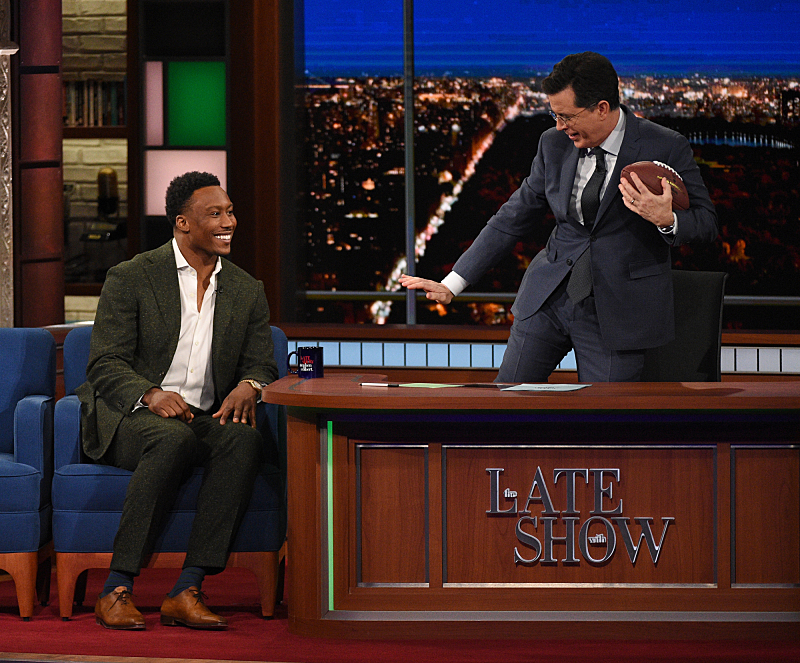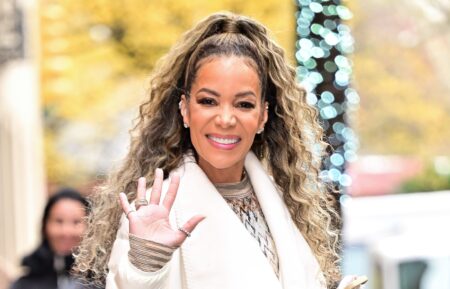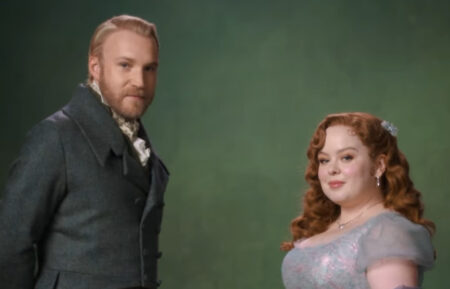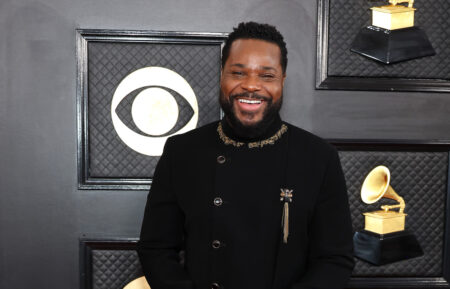Can Colbert Score a Touchdown in the Coveted Post-Super Bowl Slot?

No late-night talk show may ever match the 50 million people who watched Johnny Carson’s final show in 1992, but on Sunday night, The Late Show with Stephen Colbert could conceivably draw a very impressive 20 to 25 million sets of eyeballs to CBS, according to media analyst Bill Carroll.
In an unprecedented decision, the network nixed showcasing a pilot or hit show after Super Bowl 50 and put the live edition of Colbert as the lead-out program. James Corden’s Late Late Show is the other post-Super Bowl show airing after the local news, in the same time slot that launched Jimmy Kimmel Live for ABC in 2003 and increased The Tonight Show with Jimmy Fallon to 9.8 million viewers for NBC in 2012.
RELATED: How CBS Sports Is Taking a 360 Approach to Covering Super Bowl 50
For Carroll, who’s also Senior Vice President, Content Strategy, at Katz Television Group, the network’s strategy is “a great one that will give these shows needed extra exposure. Rather than just introducing a new drama or comedy, the network is creating an event for their late-night shows. I don’t see any down side.” Glenn Geller, President of CBS Entertainment, also noted in a statement, “It’s been a very big year in late night at CBS. We’re extremely proud of our two new late-night franchises, and we’re thrilled to give Stephen and James this big Super Bowl Sunday showcase.”
Sunday’s Late Show guests include Tina Fey and Margot Robbie (costars in the upcoming war reporter film Whiskey Tango Foxtrot), Will Ferrell, Key & Peele‘s Keegan-Michael Key and Jordan Peele and Fox News anchor Megyn Kelly (described by Colbert as “the only person on the planet who scares Donald Trump”). A lot of the show, Colbert joked, “will be dedicated to talking about Super Bowl 50, or whatever the guests want to discuss.”
As for Corden, he’ll have his own star power in Elton John, the designated passenger on the sensationally popular “Carpool Karaoke” segments. (Corden’s road trip with Coldplay’s Chris Martin, who will perform during halftime, has been viewed over 5 million times on YouTube, while a ride around London with Adele has reached over 64 million views and counting.) Other guests will include Zac Efron, Anna Kendrick and Adam DeVine, and viewers can expect some fun results when Corden hosts a tailgate party for fans of both teams during the game.
The post-game slot has been (mostly) a sure-fire winner since it began in 1967. That first year, CBS and NBC battled each other, with Lassie saving the day for CBS by running away with a higher rating than Walt Disney’s Wonderful World of Color. While the success of Super Bowl games may spill over and increase viewership (like Fallon), it’s not always a surefire success for certain pilots. (Does anyone even remember Extreme or Grand Slam, both of which premiered in the golden post-game slot?) Even in the past 20 years, ratings have fluctuated for established shows, ranging from nearly 53 million viewers (Friends, 1996) to a comparatively low 17 million (Alias, 2003, which had the bad luck of being delayed until the end of a post-game Bon Jovi performance).
RELATED: 25 Shows That (Mostly) Scored Points Post Super Bowl
But the focus on late-night shows may also draw in more viewers who aren’t interested in sports. In fact, Colbert has consistently brought CBS a younger and bigger audience (about 60% higher than David Letterman’s final year), higher than even Kimmel, though not as high as Fallon (yet). Corden has also bumped up the favored audience range of 18 to 34 year olds significantly. “A live show has a certain energy to it,” says Carroll. “CBS has a unique opportunity to establish for a wider audience what has already been pretty successful for them against some stiff competition.”
Yet it takes more than just big celebs to guarantee success. Just how big the late night guys will score ratings-wise will still depend on a few factors out of their control, like “how competitive the game is and how long it goes, how many people are still watching in the fourth quarter,” explains Caroll. Plus, “the ability to start The Late Show around 10:30 ET adds to the ideal conditions for Colbert to win at least 20 million viewers and Corden, assuming a start around midnight on the East Coast, around 5 to 6 million.” If these perfect conditions collide on Super Bowl Sunday, there may be a solid chance for late-night success on CBS—which would be a winning game, indeed.






